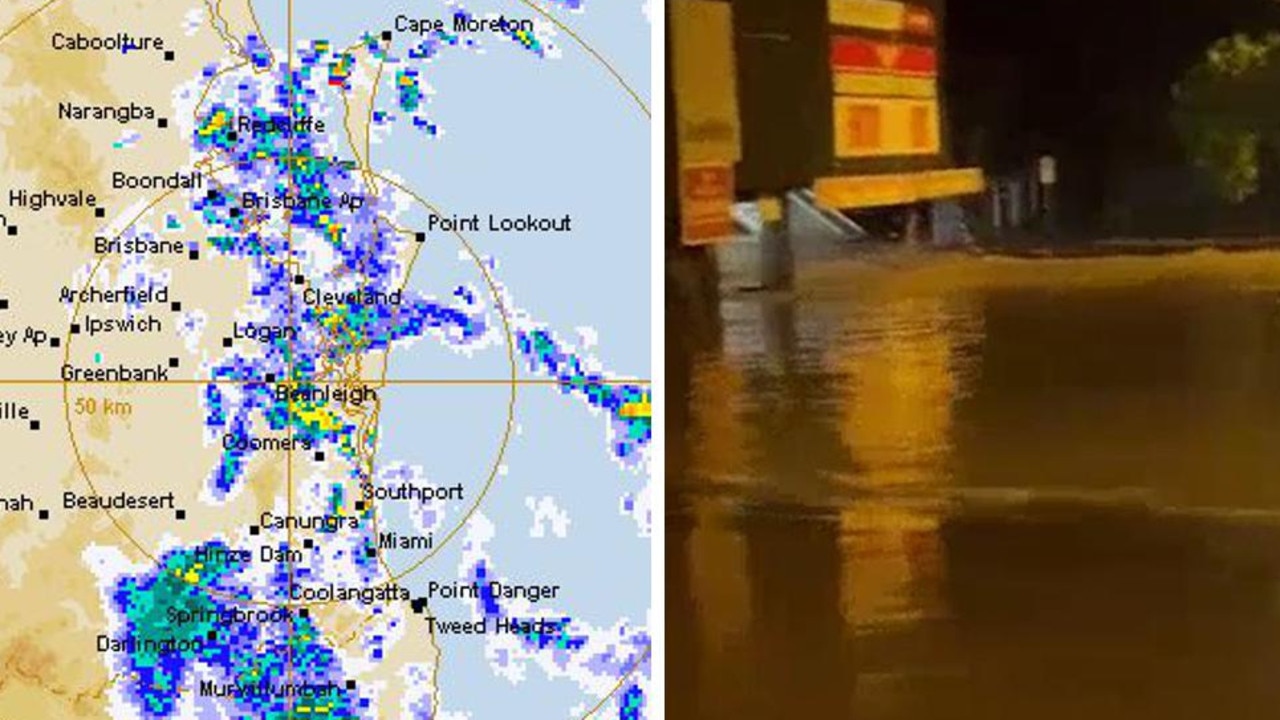New Zealand election: Early signs NZ National Party will win government
New Zealand will have a new Prime Minister after Chris Hipkins led the Labour government to a humiliating loss at Saturday’s election.
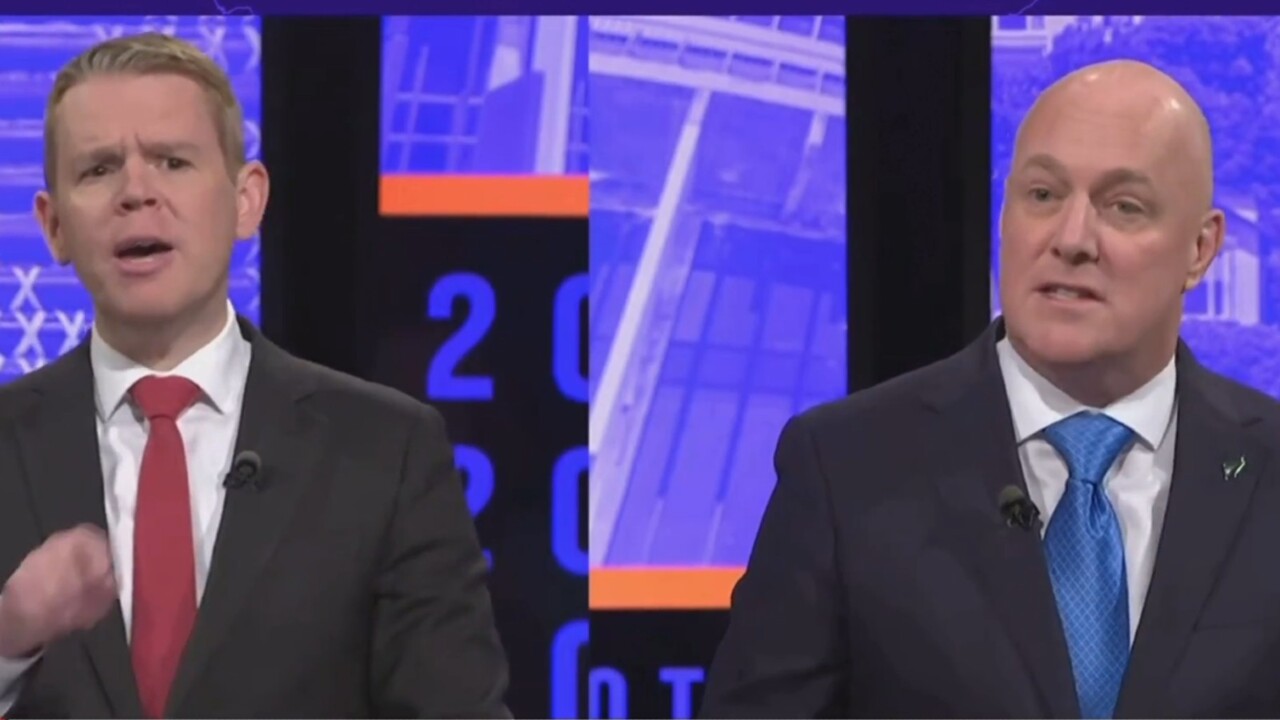
Breaking News
Don't miss out on the headlines from Breaking News. Followed categories will be added to My News.
Prime Minister Chris Hipkins has lost the 2023 New Zealand election, leading Labour to a humiliating result, with the current count indicating they may lose more than 30 seats.
Former Air New Zealand chief executive and National Party leader Christopher Luxon will become the 42nd Prime Minister of New Zealand.
The New Zealand Herald called the election for Mr Luxon, with polling results consistently indicating a win for the Nationals.
It's election night! pic.twitter.com/0rBF42ABFr
— NZ National Party (@NZNationalParty) October 14, 2023
Mr Hipkins said Labour was “not in a position to form another government” and he had called Mr Luxon to congratulate him on National’s win.
“The result tonight is not one that any of us wanted but I want you to be proud of what we achieved over the last six years,” he told supporters.
“Because despite governing through some of the biggest challenges our country has ever faced, we kept New Zealand moving forward and we protected those who needed help the most.”
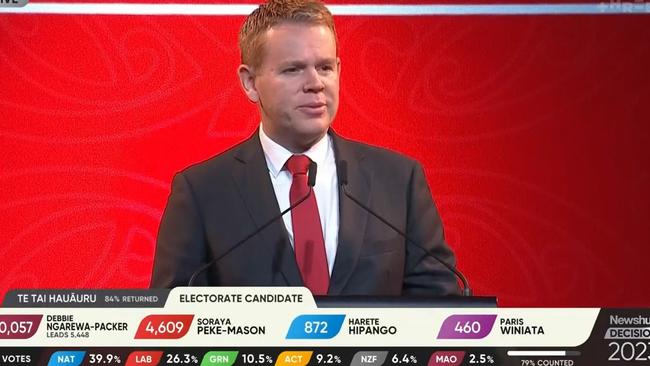
But he made a major personal revelation as he conceded defeat. The father-of-two separated from his wife Jade last year.
“There is someone else special that I want to thank tonight, someone that most of you won’t know and that is my partner Toni,” he said.
“Being Prime Minister is not the only special thing that has happened for me this year.”
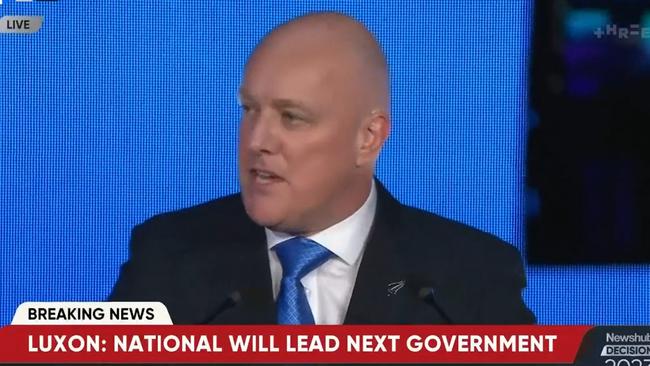
Mr Luxon in his victory speech he thanked New Zealanders for voting for National.
“You have reached for hope and you have voted for change,” he told supporters to loud cheering.
“I am immensely proud to say that on the numbers tonight, National will be able to lead the next government.
“My pledge to you is that our government will deliver for every New Zealander.”
According to the New Zealand Electoral Commission, 63.1 per cent of the results have been counted, with the Nationals projected to secure 51 seats with 40.64 per cent of the votes.
Labour is projected to win 33 seats, with about 26.16 per cent of the vote.
While voting is not compulsory across the ditch, 3.5m Kiwis are enrolled to vote to decide Aotearoa’s 54th parliament.
This is comprised of 72 electorates, including seven Māori electorates and 65 general electorates.
Pollsters have predicted New Zealand’s minor parties will be instrumental in forming the next government, with current projections suggesting the NZ National Party could will win 52 seats and Labour poised to win 33.
In order to form government, either the left or right blocs – how New Zealand refers to coalitions – must reach 61 seats.
The NZ National Party’s path to victory will be predicated on joining with ACT New Zealand, who are currently poised to win 12 seats.

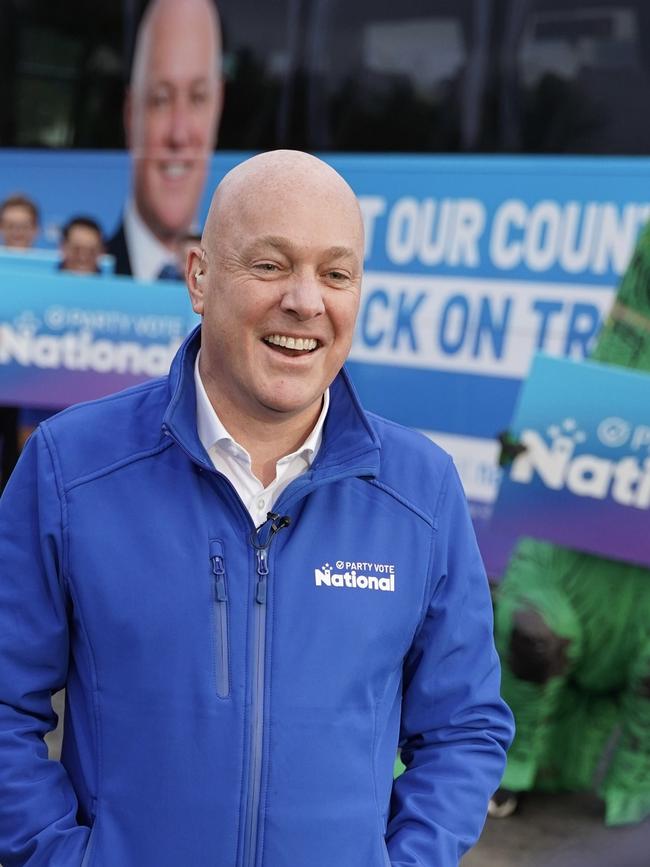
What were the polls predicting?
In the final weeks of the campaign, the gap between the left and right blocs has shrunk.
The main opposition, NZ National, on current polling will not win enough votes to govern in their own right. It would need support beyond its traditional partner, the ACT Party to be returned to power.
Neither will the left bloc of Labour, the Greens and Te Pati Maori.
It puts populist NZ First leader, Winston Peters, back in the box seat as the kingmaker after being ousted in 2020 for the third time since 1979.
In the past, Mr Peters hasn’t been afraid to swap sides when it suits. He has served as Deputy Prime Minister under both National Party and Labour Party leaders.
But this time around the preference is clear. Mr Hipkins says he won’t be rude, he’ll answer Mr Peters’ call, but he won’t be striking a deal with him.
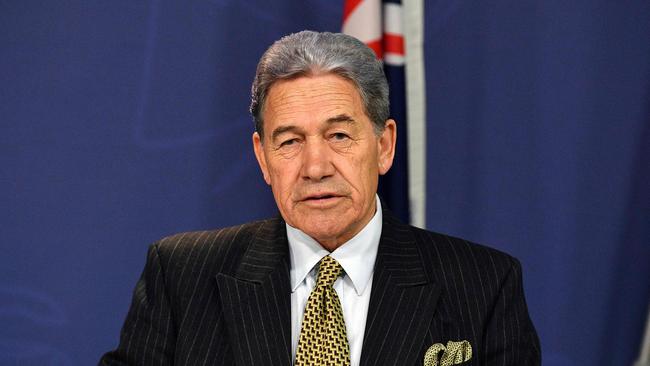
“We worked with Winston Peters in government for three years. I don't want to do that again,” he told AM in September.
Mr Luxon remains sceptical of Labour’s call to rule out working with Mr Peters. He said while he’d prefer just to be in coalition with the ACT Party, he’ll “make the call” to Peters if he needs to.
But in the last week, the National’s have tried to walk it back. Campaign chair Chris Bishop went as far as to suggest there was a “very real and growing possibility” Kiwis could be sent to a second election.
Mr Luxon tried to downplay the risk days later. But Mr Hipkins dug in further. He said he would not break his word and work with Mr Peters in order to break a post-election stalemate.
Meanwhile, Mr Peters called the prospect of a second election a “lie”.
The vote count could take some time
Unlike Australians, Kiwis are no strangers to not having a result on election night.
In 2017, it took 26 days before Ardern announced Labour was in a position to form government with support of NZ First and the Greens.
To form government, a party or bloc needs 61 of the 120 seats in the single-house parliament, which equates to around 48 per cent of the popular vote.
Every voter gets two votes – one from their electorate and one for a party. The winner in each electorate gets one of the 72 seats.
The remaining 48 seats are dolled out proportionally via the party's ‘list’ of candidates (and is why some MPS are called List MPs).
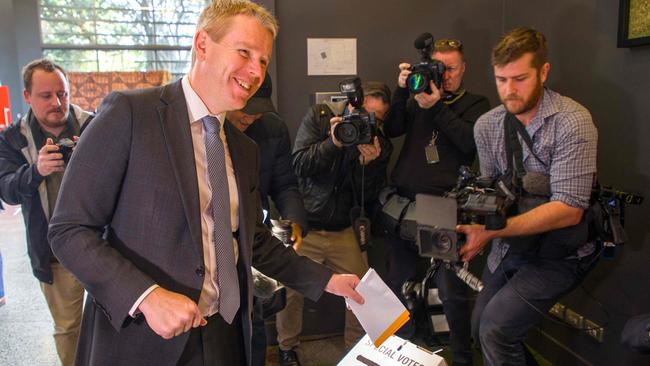
The voting system, mixed member proportional, favours coalitions. The Kiwis voted to introduce it in 1993 after growing frustration that the parliament did not reflect voting intentions.
Saturday’s election is being seen as a return to normal programming after three years of majority Labour government, PhD candidate in New Zealand studies at ANU’s Department of Pacific Affairs Jayden Evett said.
“The whole idea of the system was to make sure that New Zealand didn’t return majority governments again … the system’s not meant to,” he told NCA Newswire.
“The fact that it did really showed New Zealanders were interested in voting in a particular way at that current time.”
Mr Evett said typically New Zealanders don’t “elect oppositions, we vote out governments”.

What will the result mean for Australia?
In short: not much.
University of Sydney senior lecturer Peter Chen said it was unlikely much would shift, other than the Kiwi leader not having the same international profile as Ms Adern previously had.
Mr Evett agreed.
“Regardless of who is in power, foreign policy is going to stay the same. It’s usually how Australia is as well,” he said.
So it’s unlikely we’ll see a shift in the way New Zealand feels about issues such as the joining the AUKUS submarine agreement, unless something major happens.
Both leaders met with Prime Minister Anthony Albanese when he travelled across the Tasman in July.
During the visit both Mr Albanese and Mr Hipkins heralded the relationship as the strongest it had been in years, after wobbles during the Morrison-Ardern era over deportation of Kiwis for serious crimes and the rights of New Zealanders living in Australia.
When he was asked if a Luxon win could change that, the Australian leader declined to comment on the NZ election.
The NZ Opposition leader told the ABC at the time he saw the “very positive, very strong” relationship continuing should he be elected.
Mr Luxon noted that he had worked closely with Mr Albanese while he was chief of Air New Zealand and the Prime Minister was transport minister.
Either way the vote falls, negotiations over who will form government must be finalised by November 3.
Originally published as New Zealand election: Early signs NZ National Party will win government


